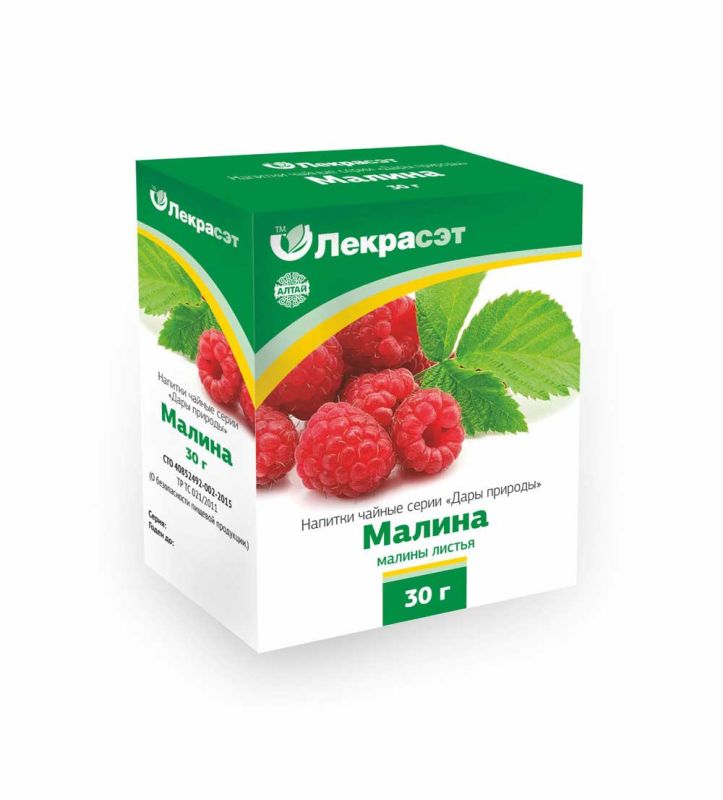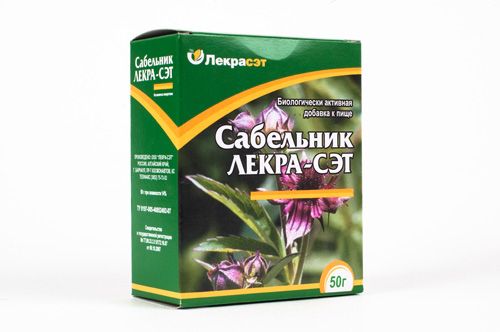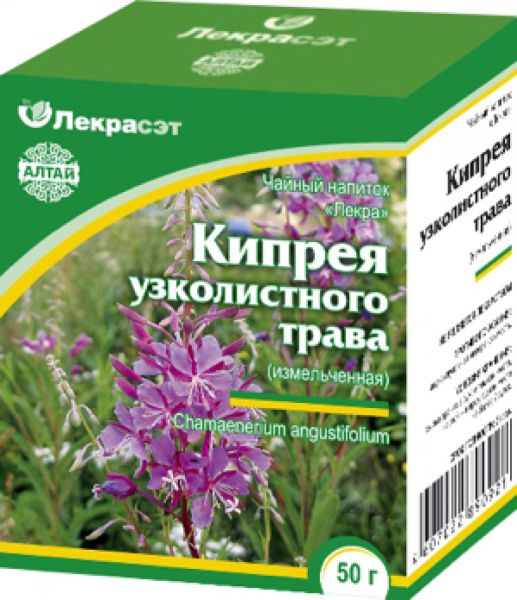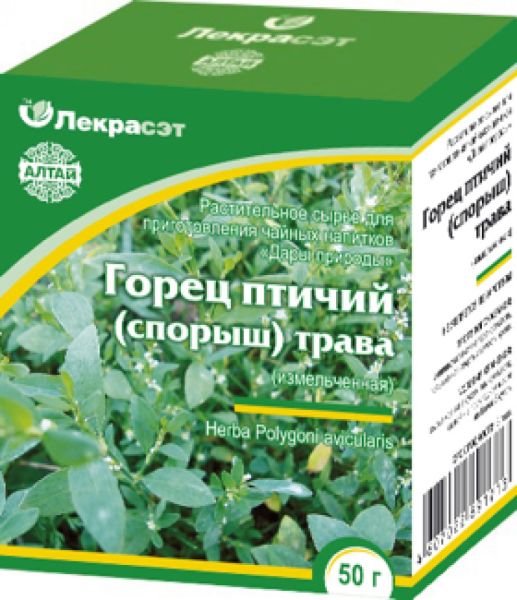Raspberry leaves 30g
Raspberry leaves act as a mild hemostatic agent and are therefore suitable for the treatment of inflammation of the oral mucosa. Like all products containing tannins, they are also used against diarrhea, to strengthen the gums, to cleanse the blood, from gastrointestinal diseases, and skin rashes.
Curative action and application. Raspberry leaves act as a mild hemostatic agent and are therefore suitable for inflammation of the oral mucosa. Like all products containing tannins, they are also used for diarrhea. At the most, they find use as an additive in various tea blends to "purify the blood."
Tea mixture with raspberry leaves: Raspberry leaves 20.0 g. Strawberry leaves 10.0 g. Blackberry leaves 5.0 g. Woodruff grass 2.0 g.
Take 2 teaspoons of the mixture per 1/4 l of water (for a teapot for 6 persons 2 tablespoons of the mixture), pour boiling water, insist for about 5 minutes and filter. You can experiment with this tea by adding, for example, a pinch of thyme, a few crushed juniper berries and 1 teaspoon of hibiscus flowers or lemon balm leaves. Don't forget about the rose hips. In all cases, such a healing homemade tea can be drunk with lemon (even milk) and sweetened with honey or sugar.
Application in traditional medicine. In folk medicine, raspberry leaves, flowers, young shoots and roots are used, like blackberry leaves: to strengthen the gums, to cleanse the blood, from gastrointestinal diseases, and skin rashes. It seems that we are dealing with the same plant. In the old herbalists, they were probably not particularly distinguished, which is why there is still some confusion to this day, which, however, in this case is by no means tragic.




